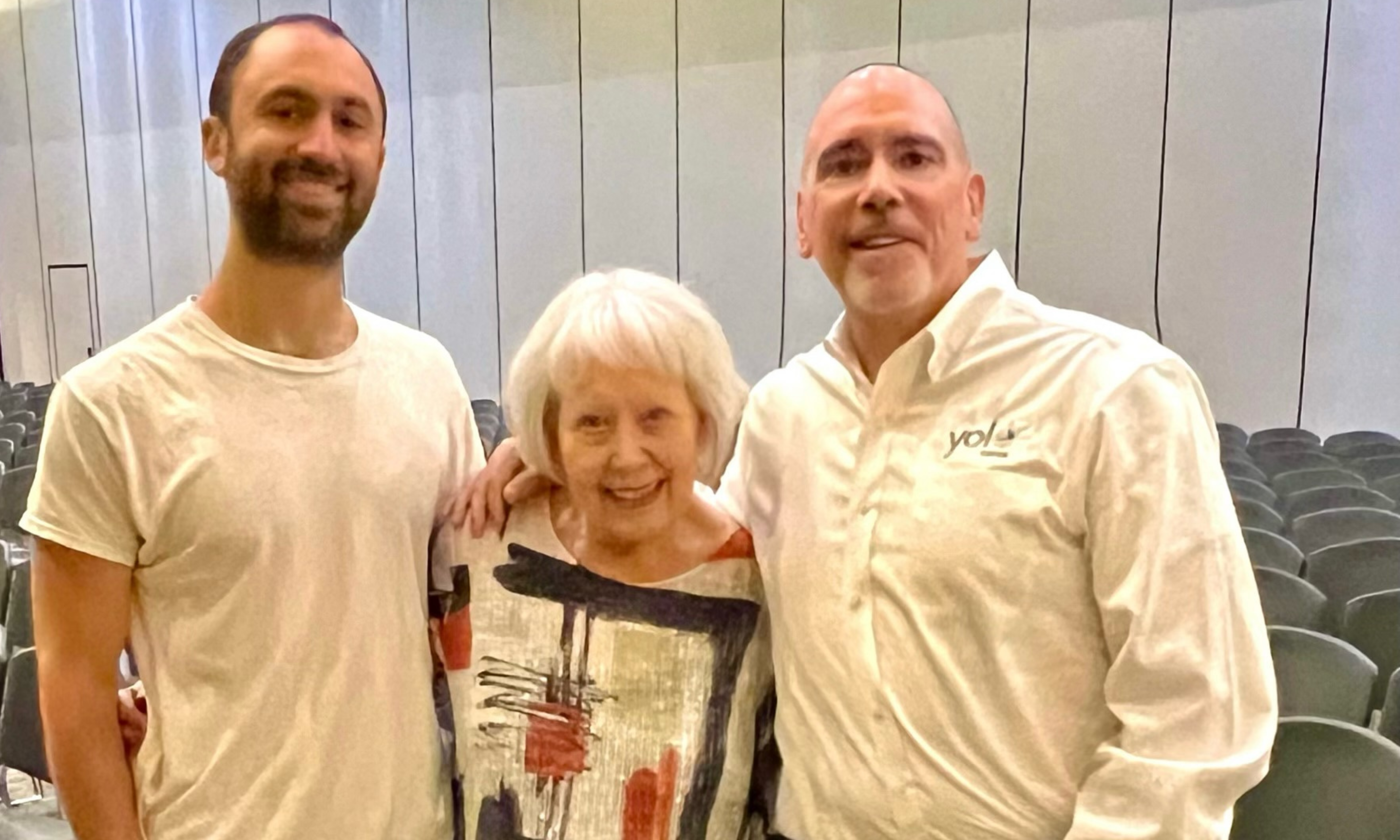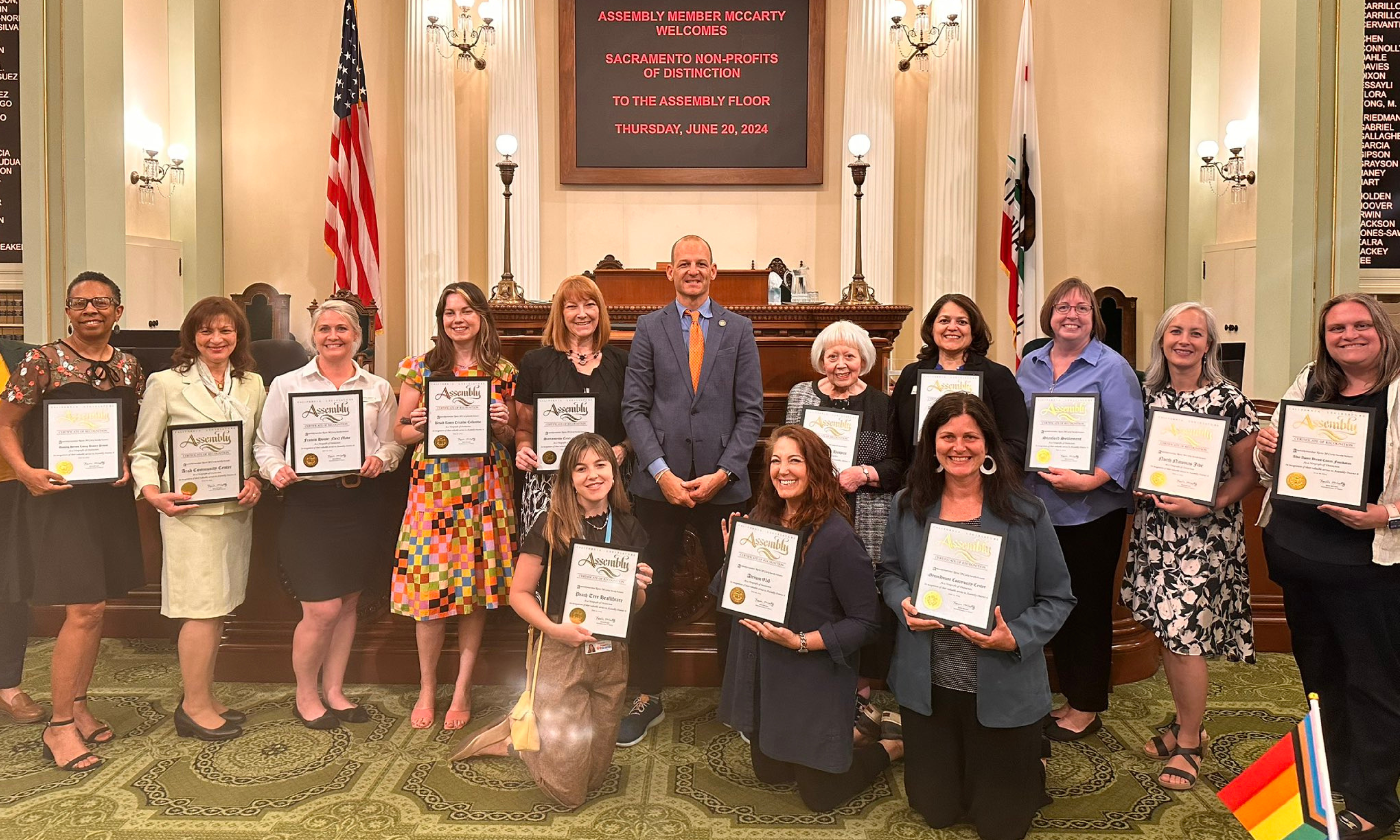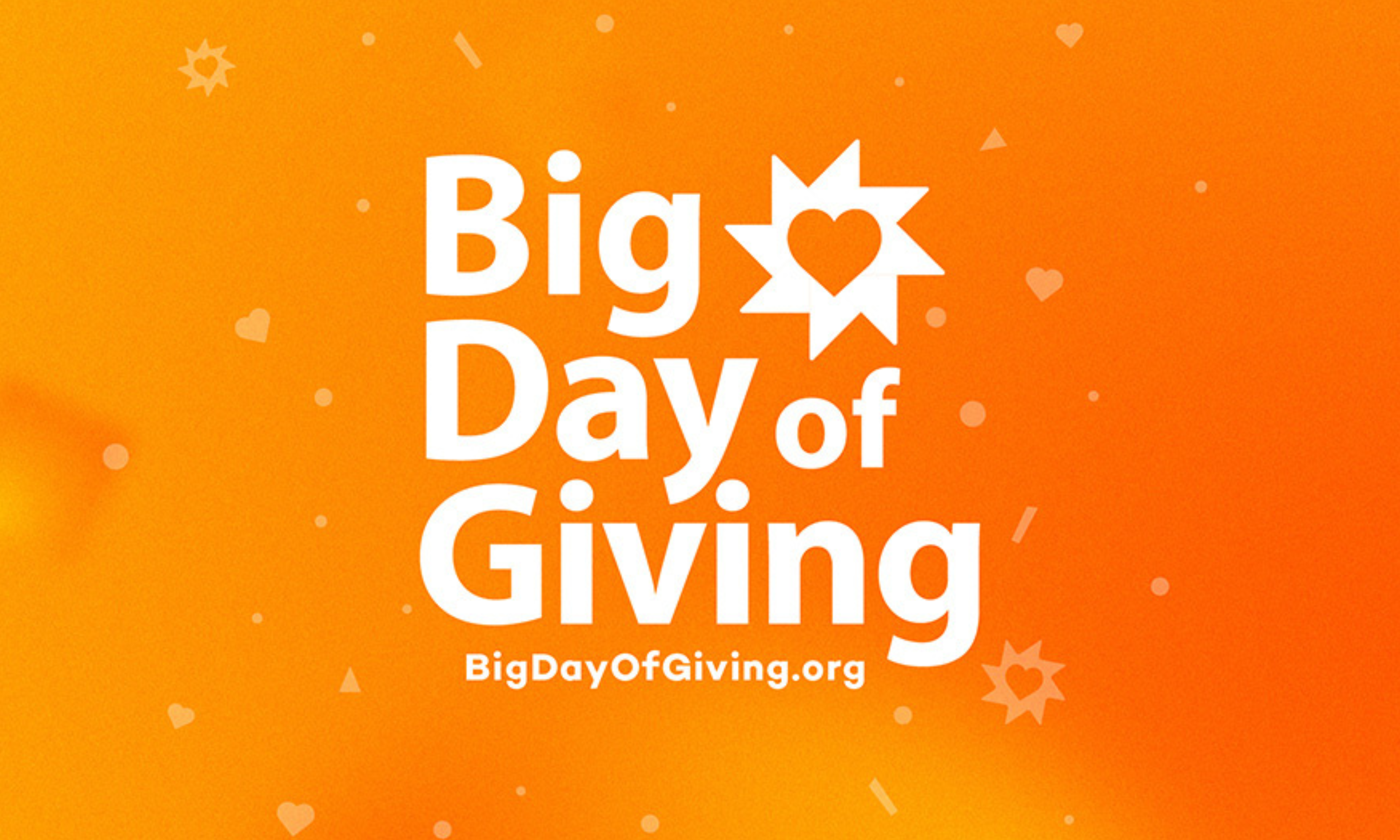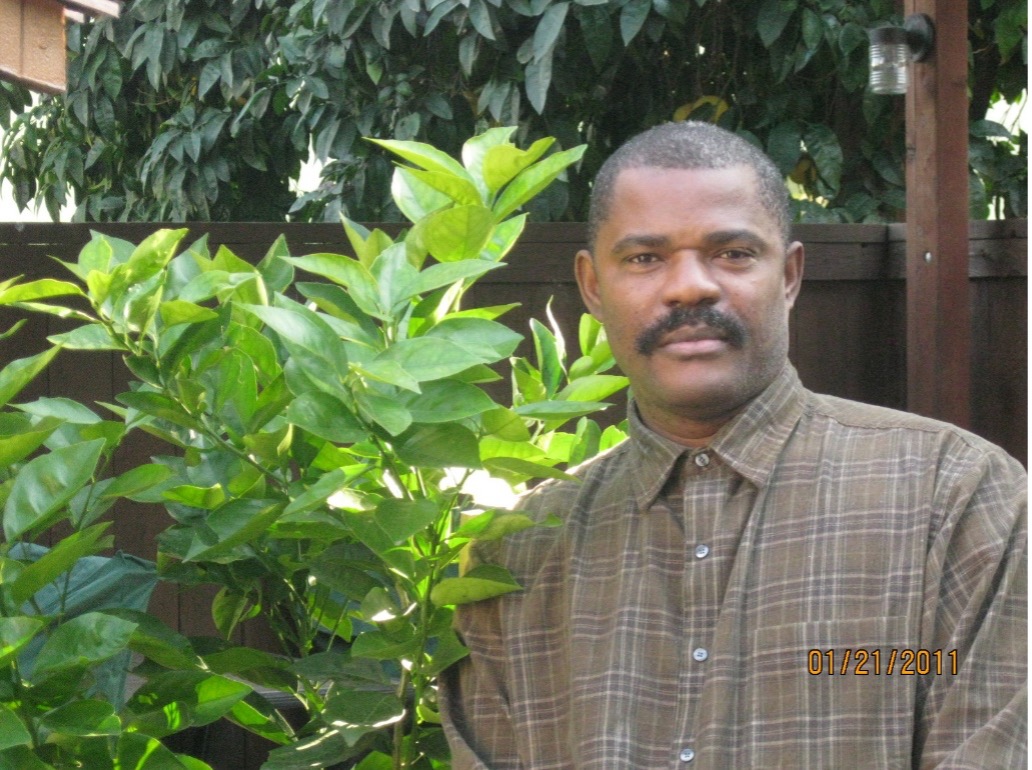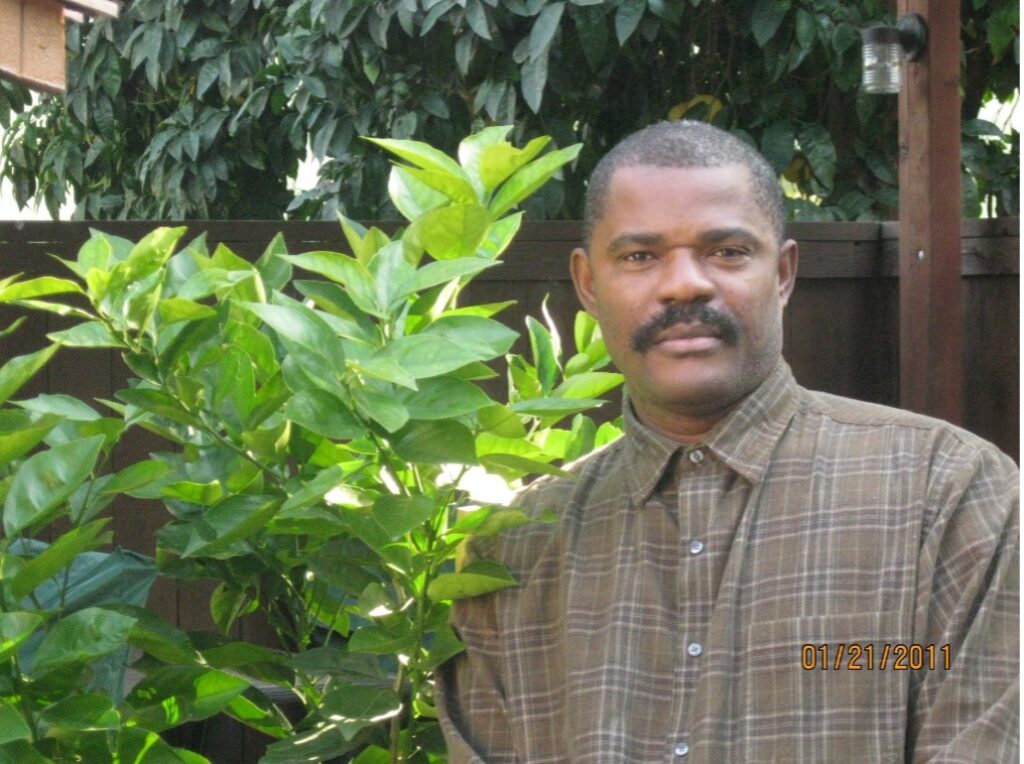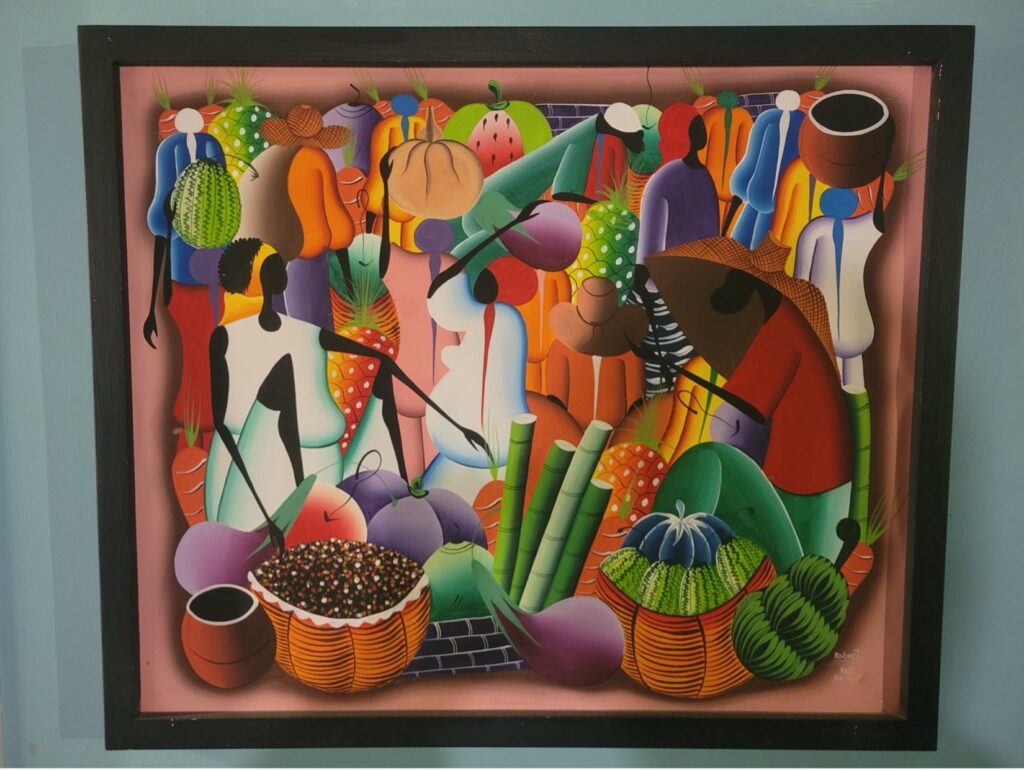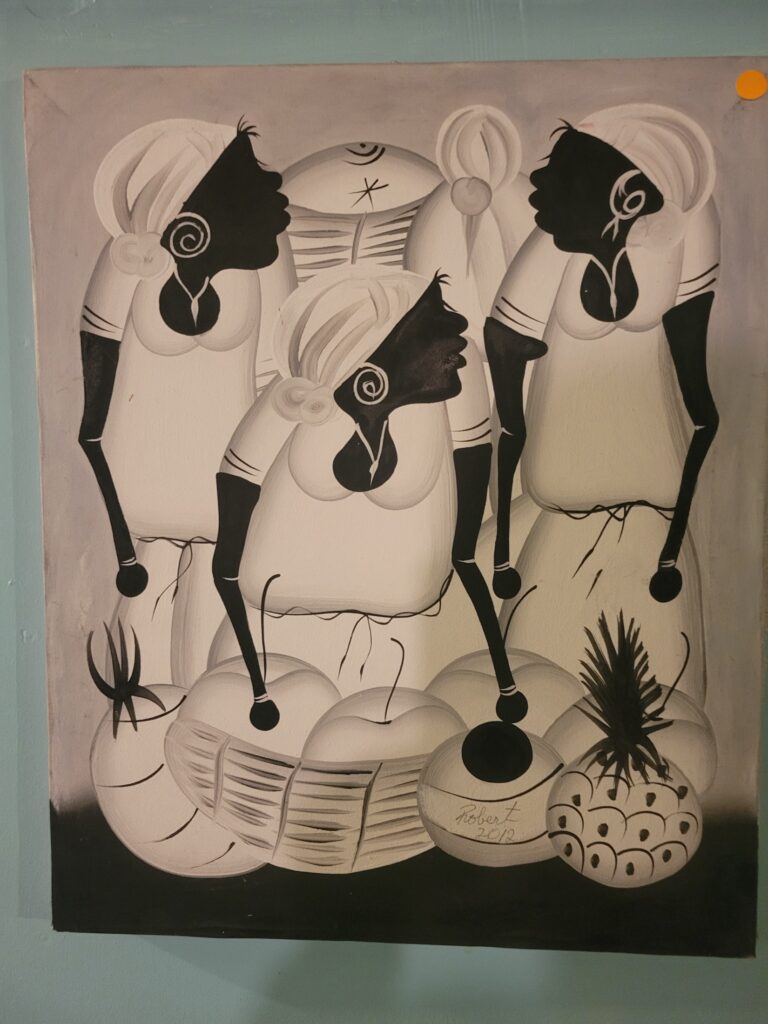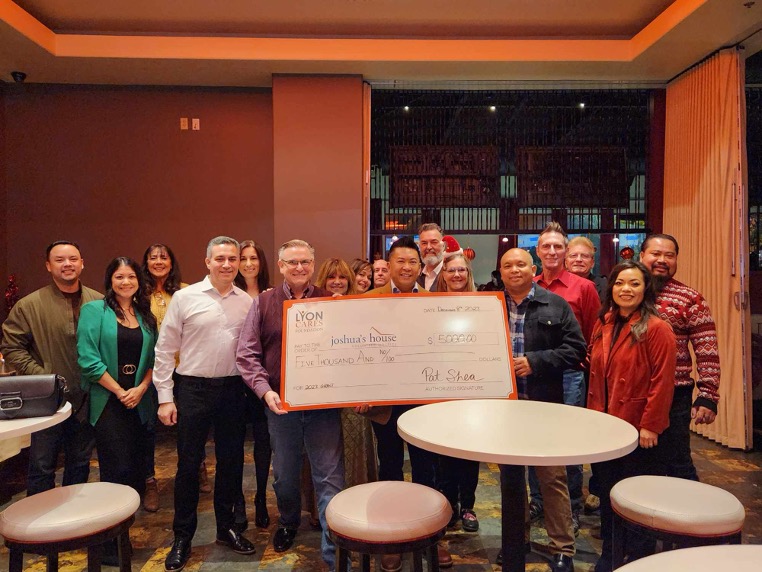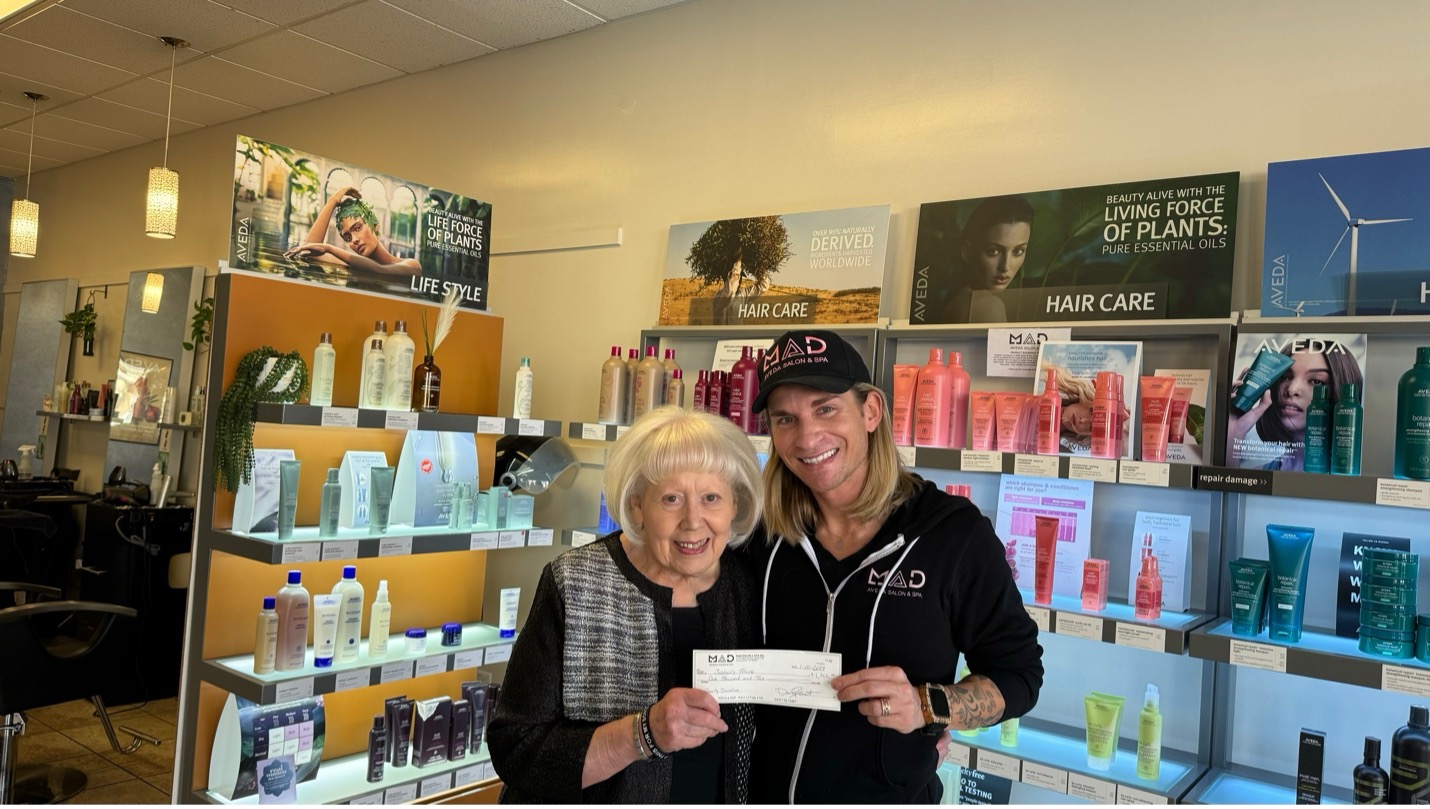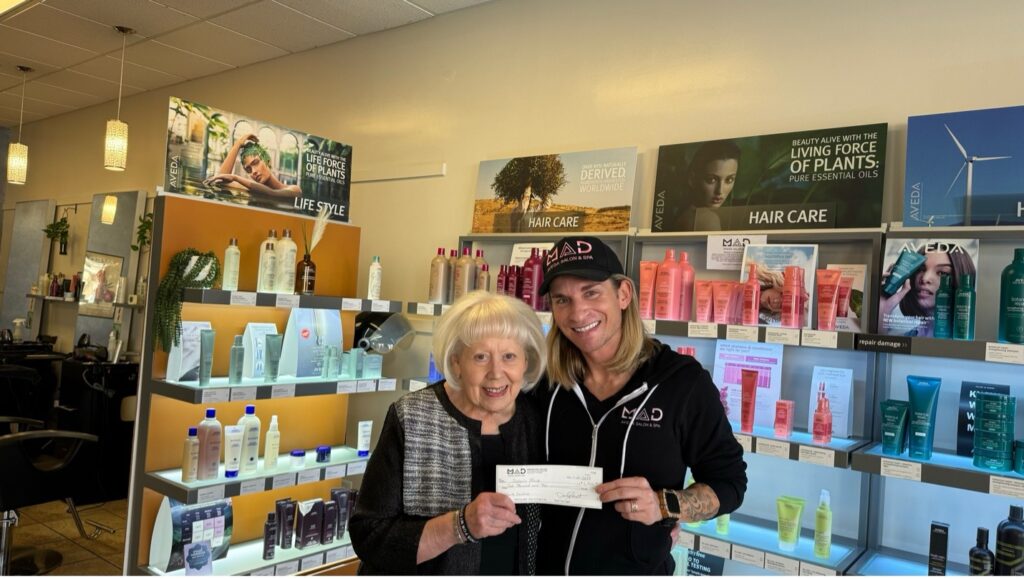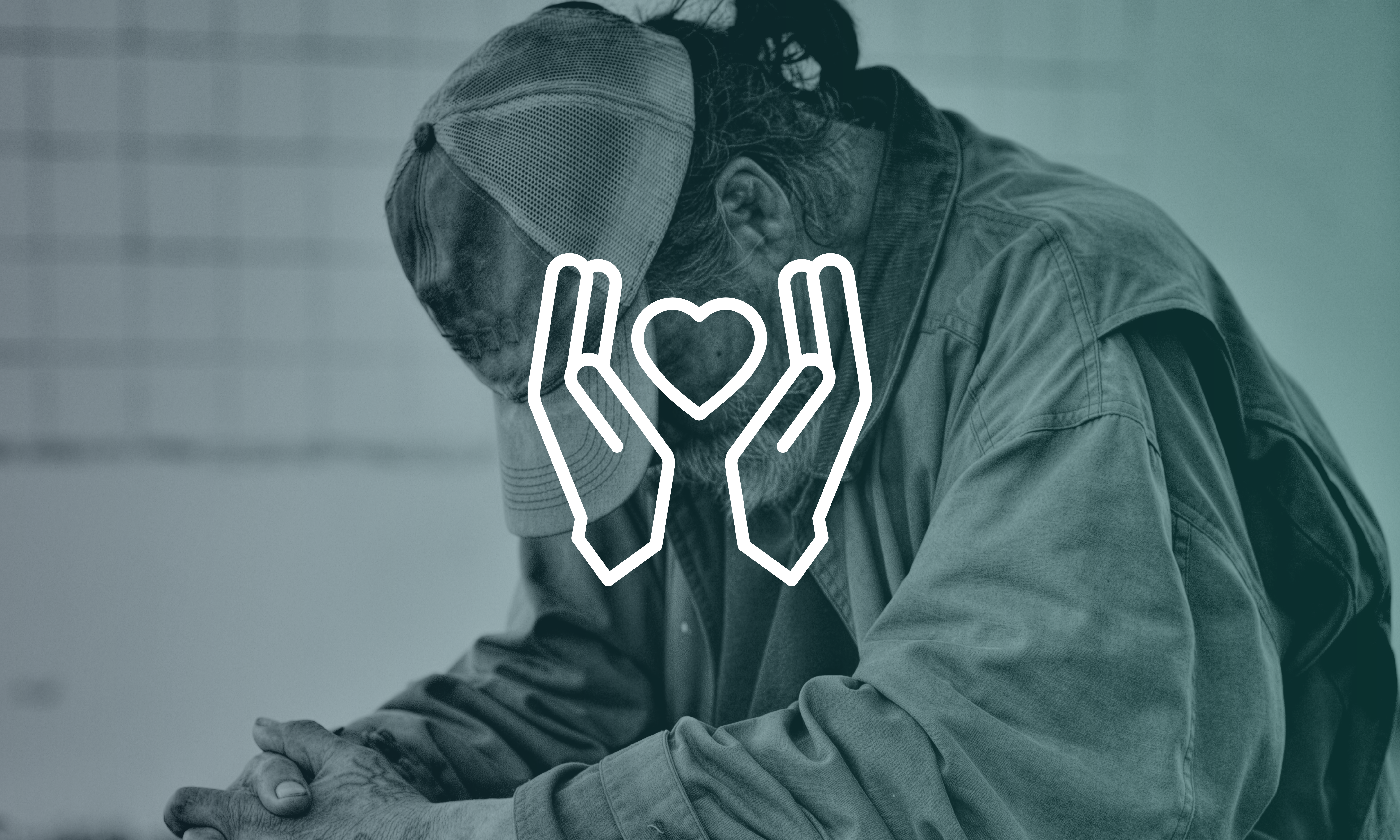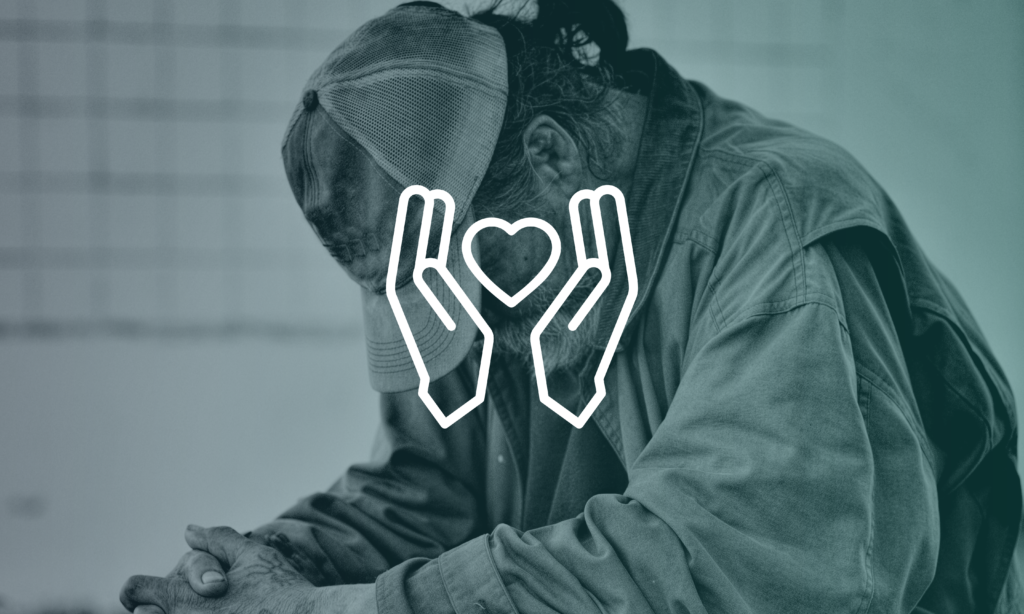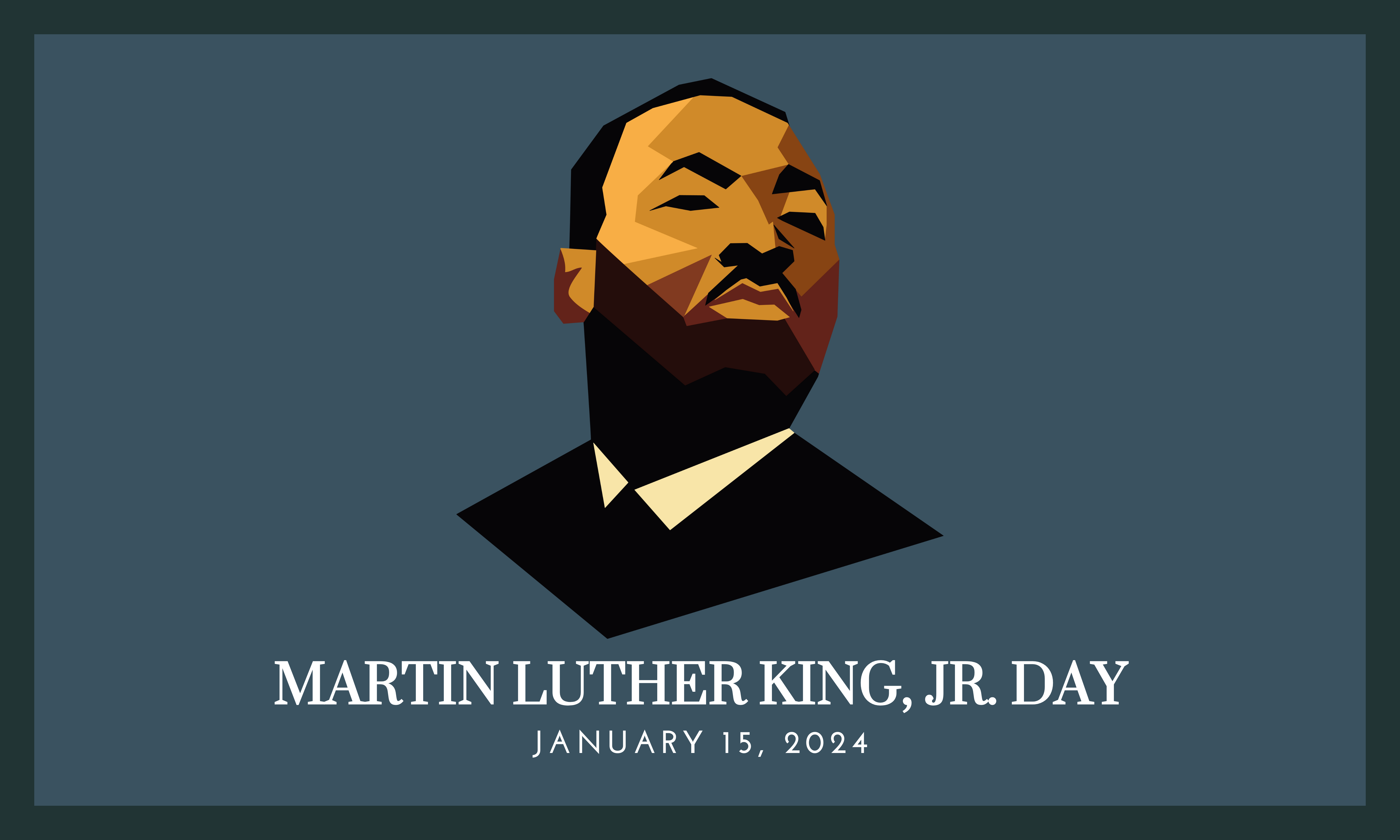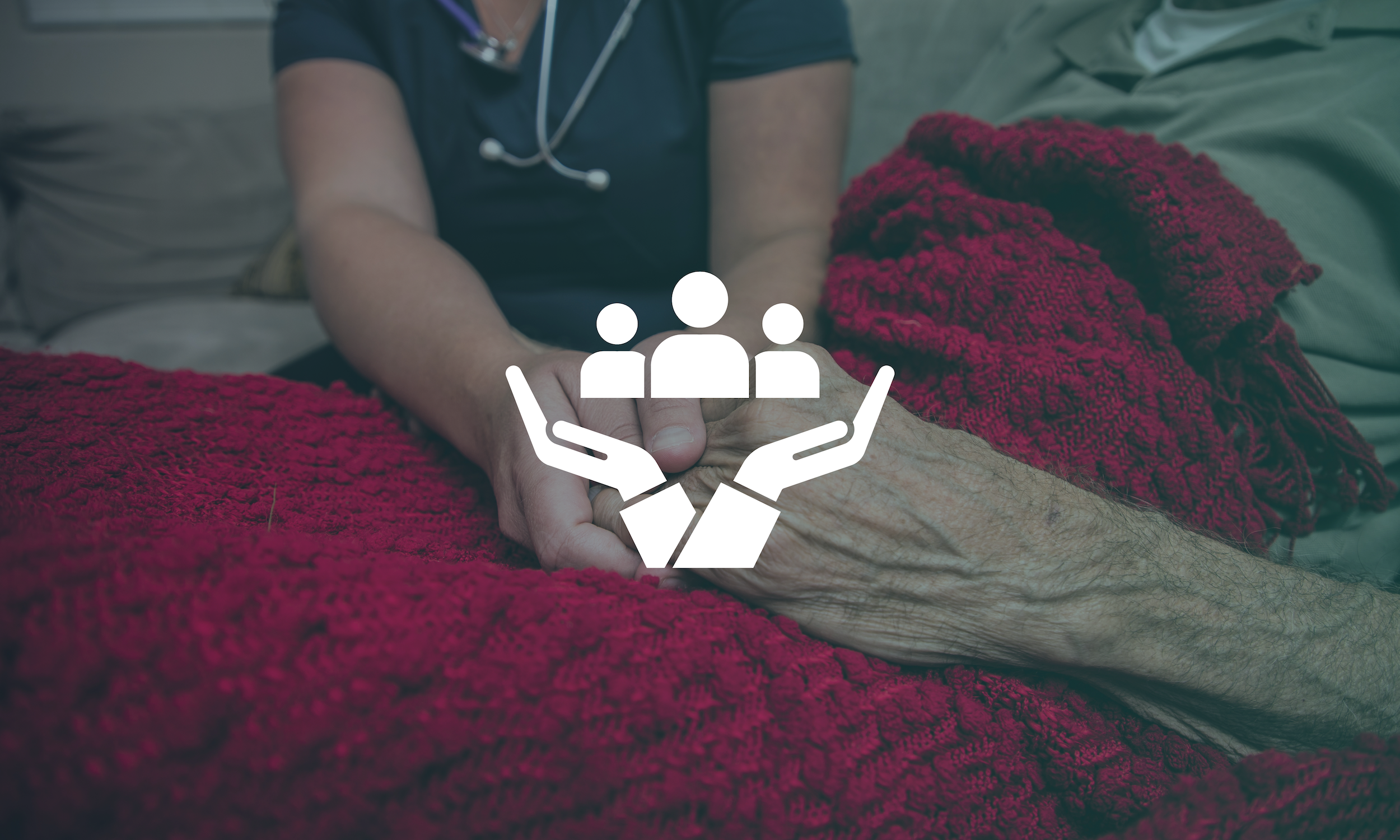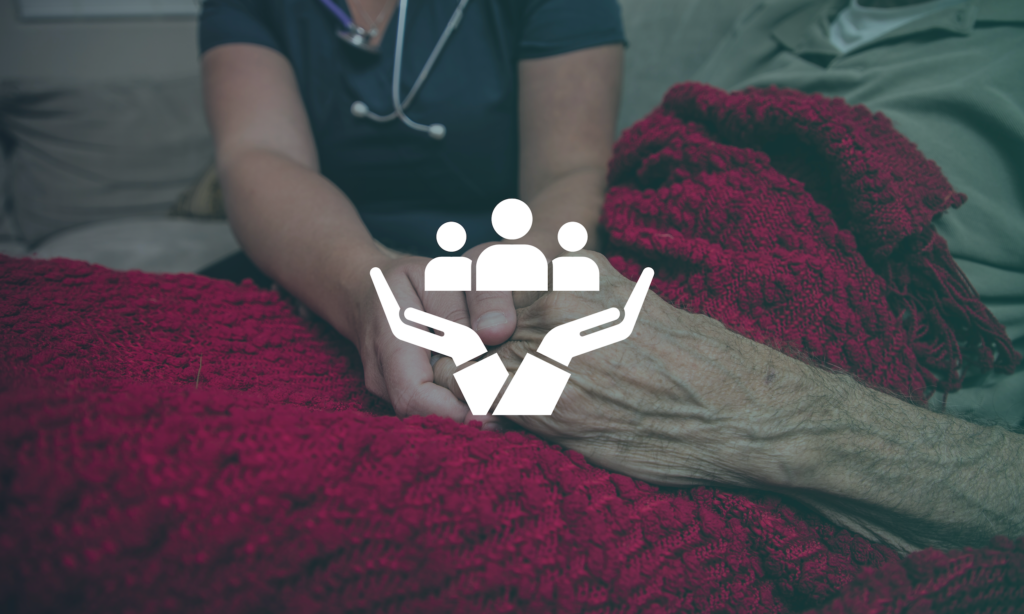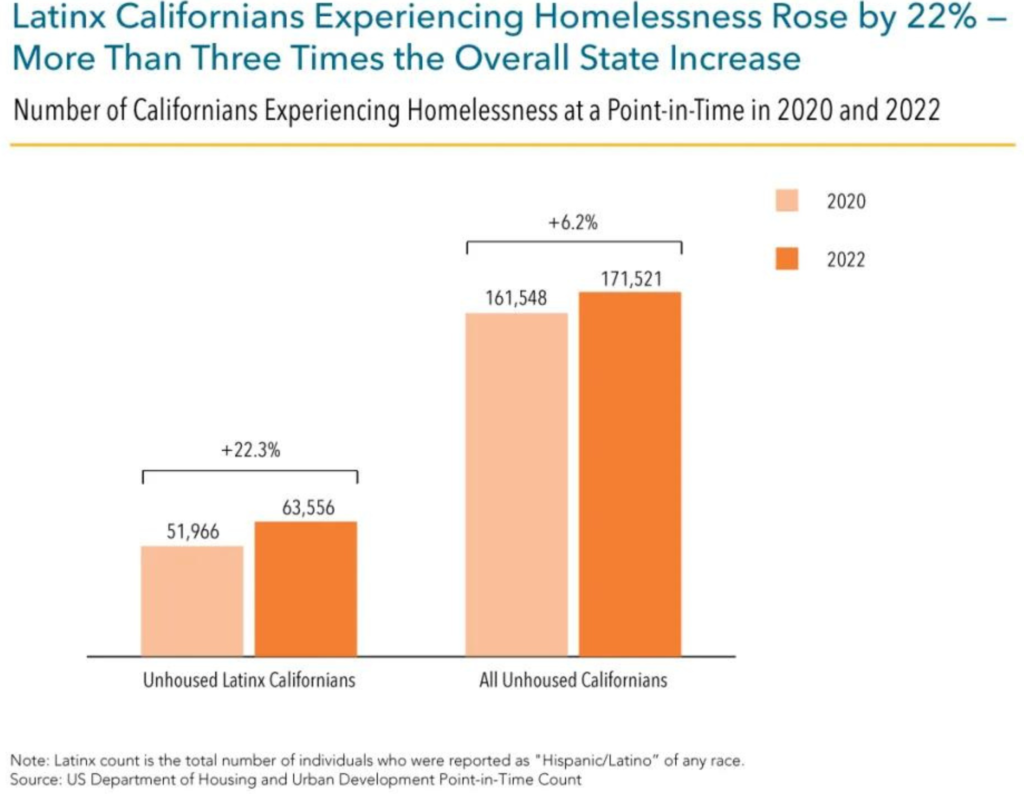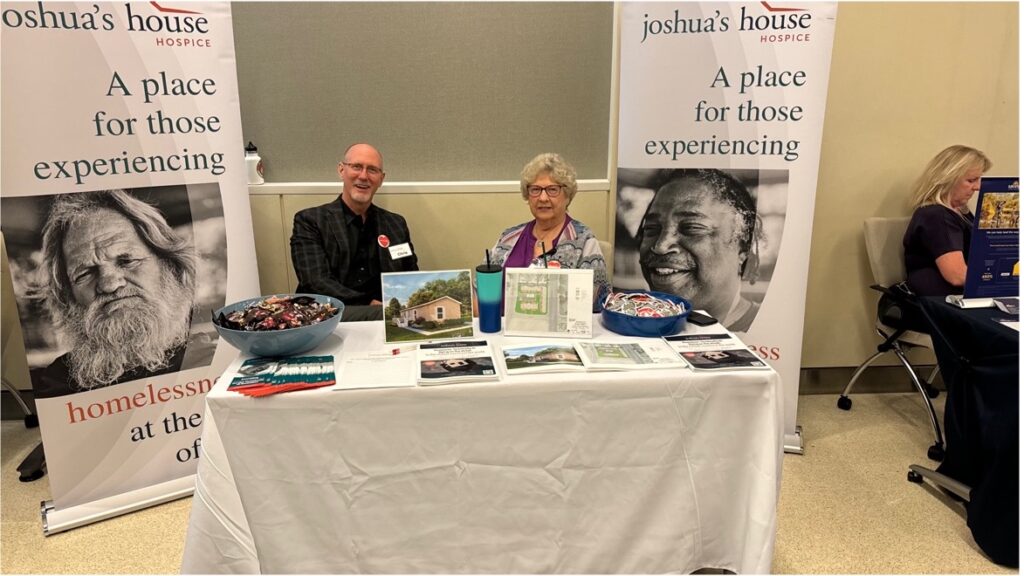
(Sacramento, CA) – Today, Joshua’s House Volunteer Hospice (Joshua’s House) hosted a special screening of the critically acclaimed documentary, “We Are All In This Together” at Sacramento State University. The powerful film follows Daniel Troia on his remarkable cross-country bicycle journey, undertaken without food or money, in search of human connection.
“’We Are All In This Together’ beautifully highlights the power of human kindness and compassion, which resonates deeply with the mission of Joshua’s House as it reminds us of the profound impact that small acts of generosity can have on those in need,” said Marlene von Friederichs-Fitzwater, who founded Joshua’s House in memory of her grandson, Joshua, who died homeless at the age of 34. “We are grateful for Daniel’s commitment and passion, and for allowing us to host this benefit screening of his award-winning film.”
Troia’s deeply captivating story, with spectacular footage, takes him on many twists and turns through glorious and grueling landscapes. The film touches on relationships with strangers, the shame of living on the streets, and society’s judgments of the unhoused; all of which convince him that there is much more that brings us together than separates us.
“So many things can feel overwhelming in our world right now, but the people I met showed me that the one thing we CAN control is how we treat each other,” said Daniel Troia, filmmaker and director. “Every single day, we have the opportunity to show up for someone who needs help. On an individual level, this is where change really begins.”
“We Are All In This Together” has won 19 awards at various international film festivals, including “Best Inspirational Film” at the New York International Film Awards and “Best Humanitarian Film” at the San Francisco International Film Awards. 60% of the ticket sales on June 23 were donated to Joshua’s House.

